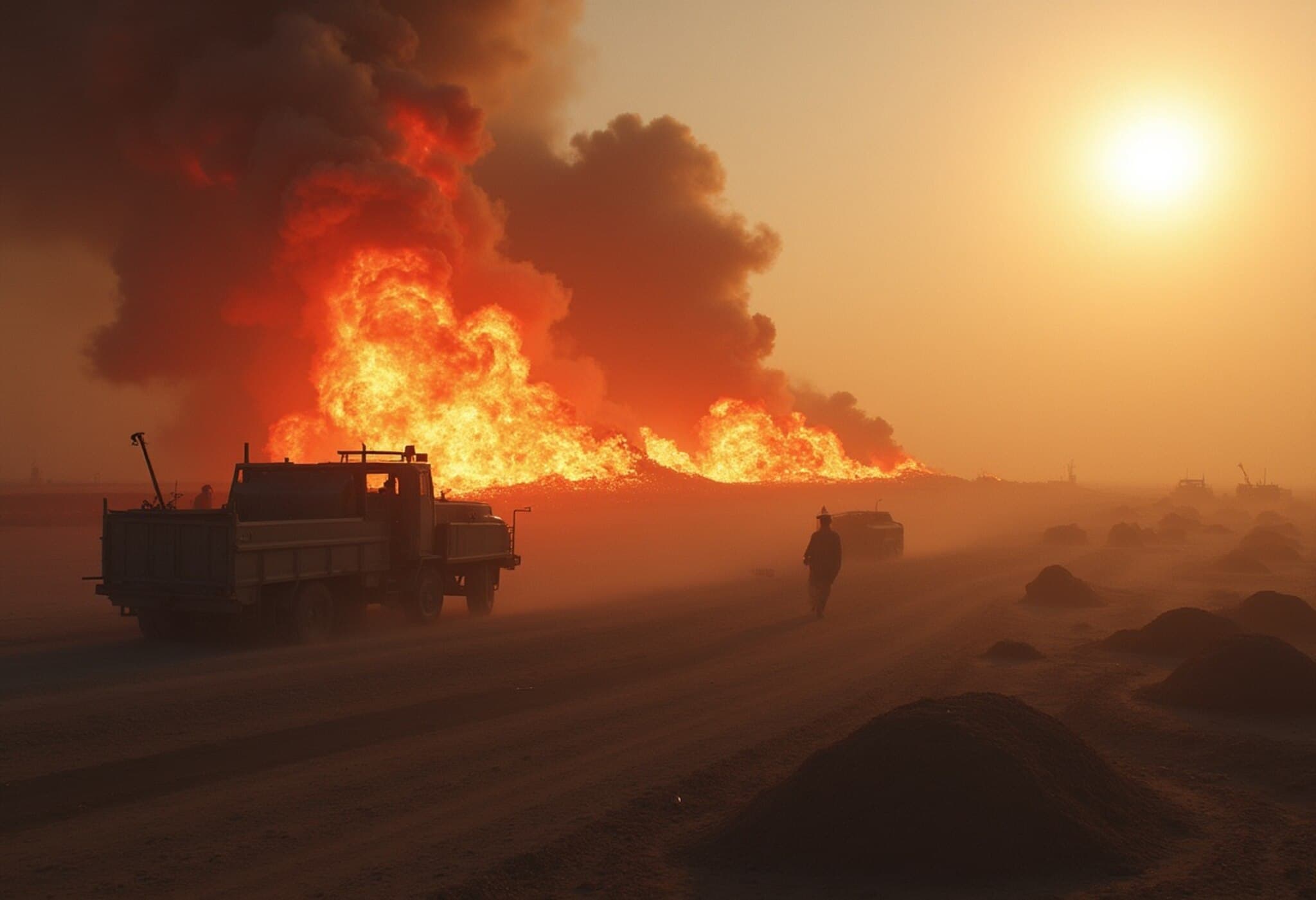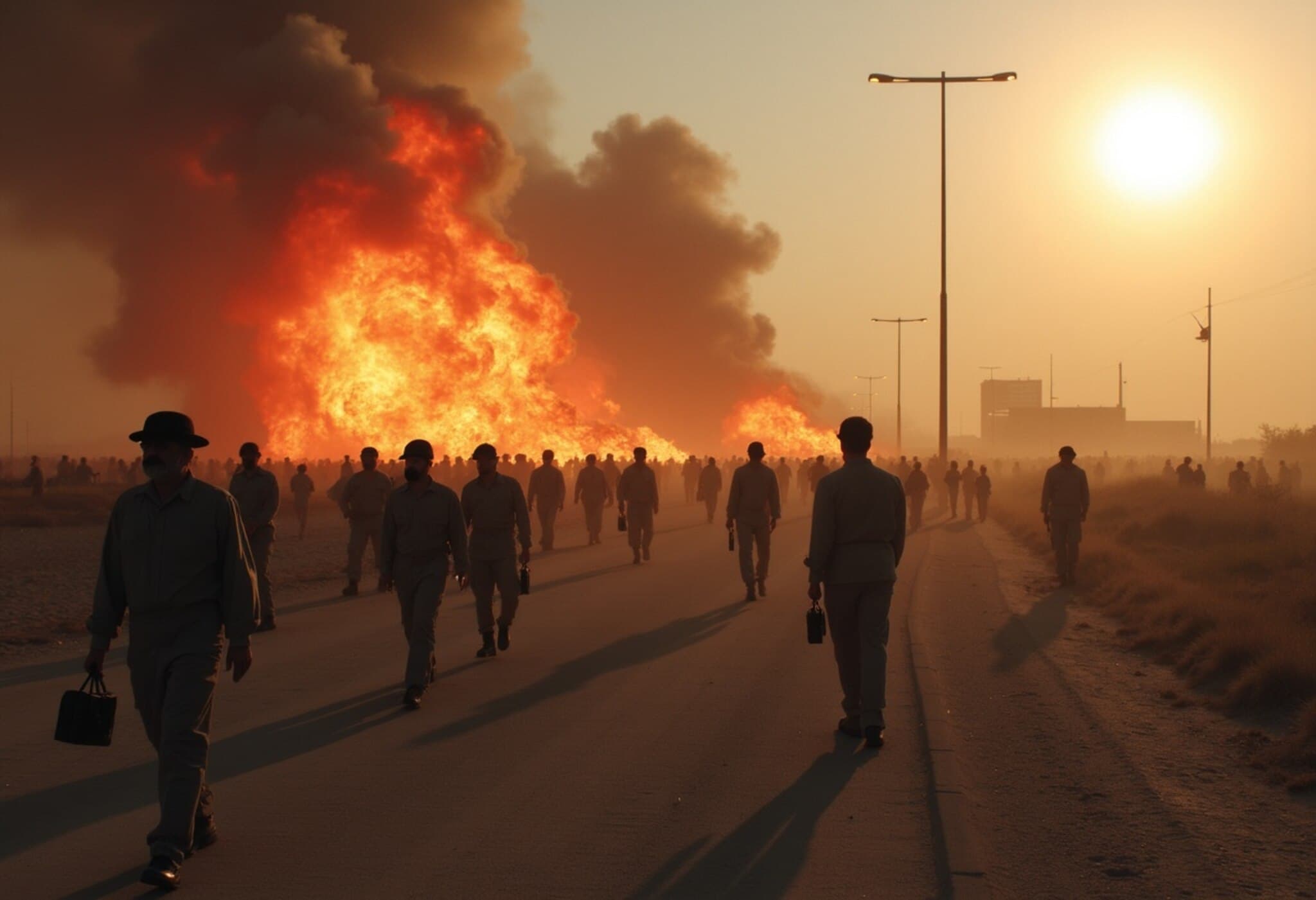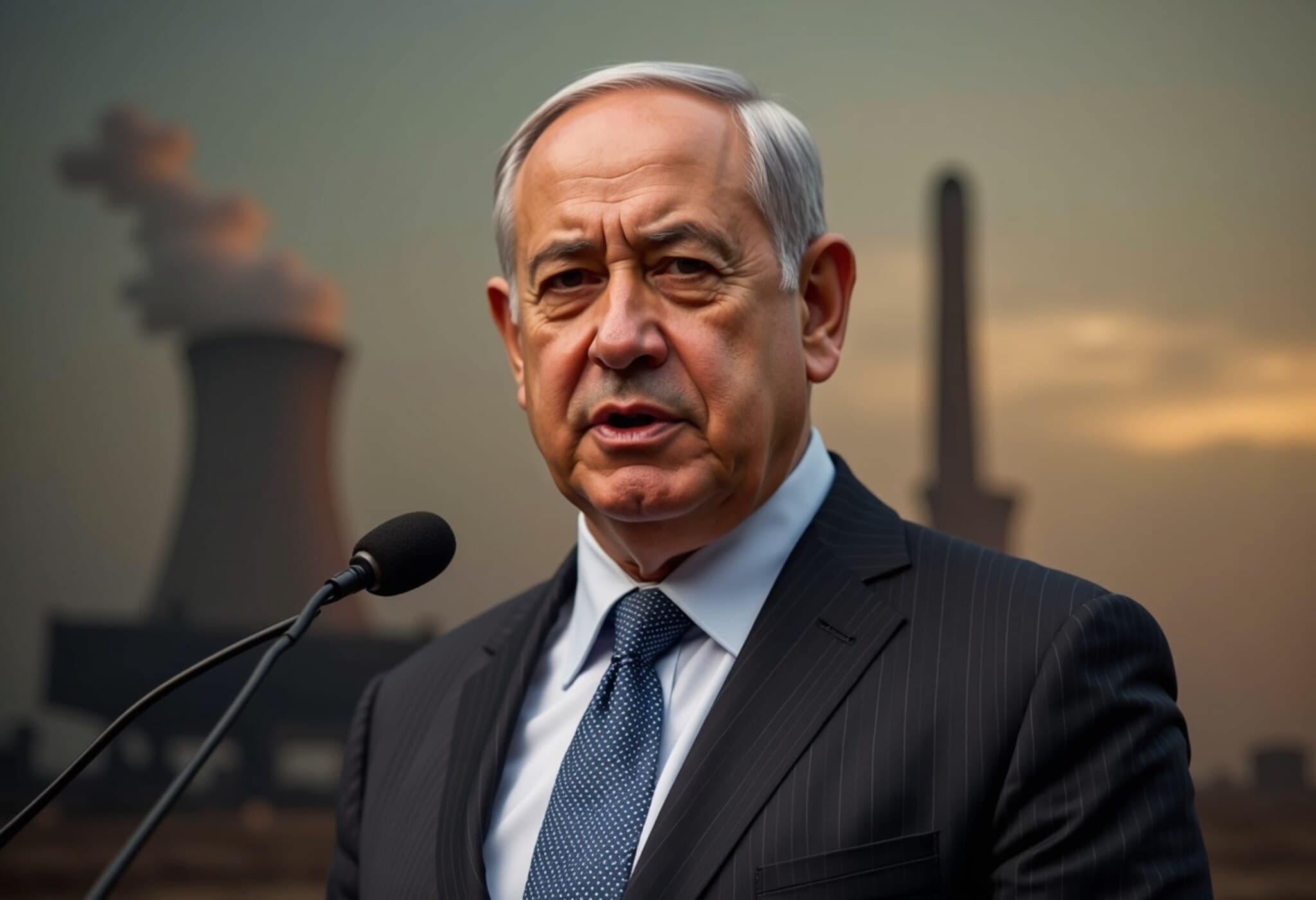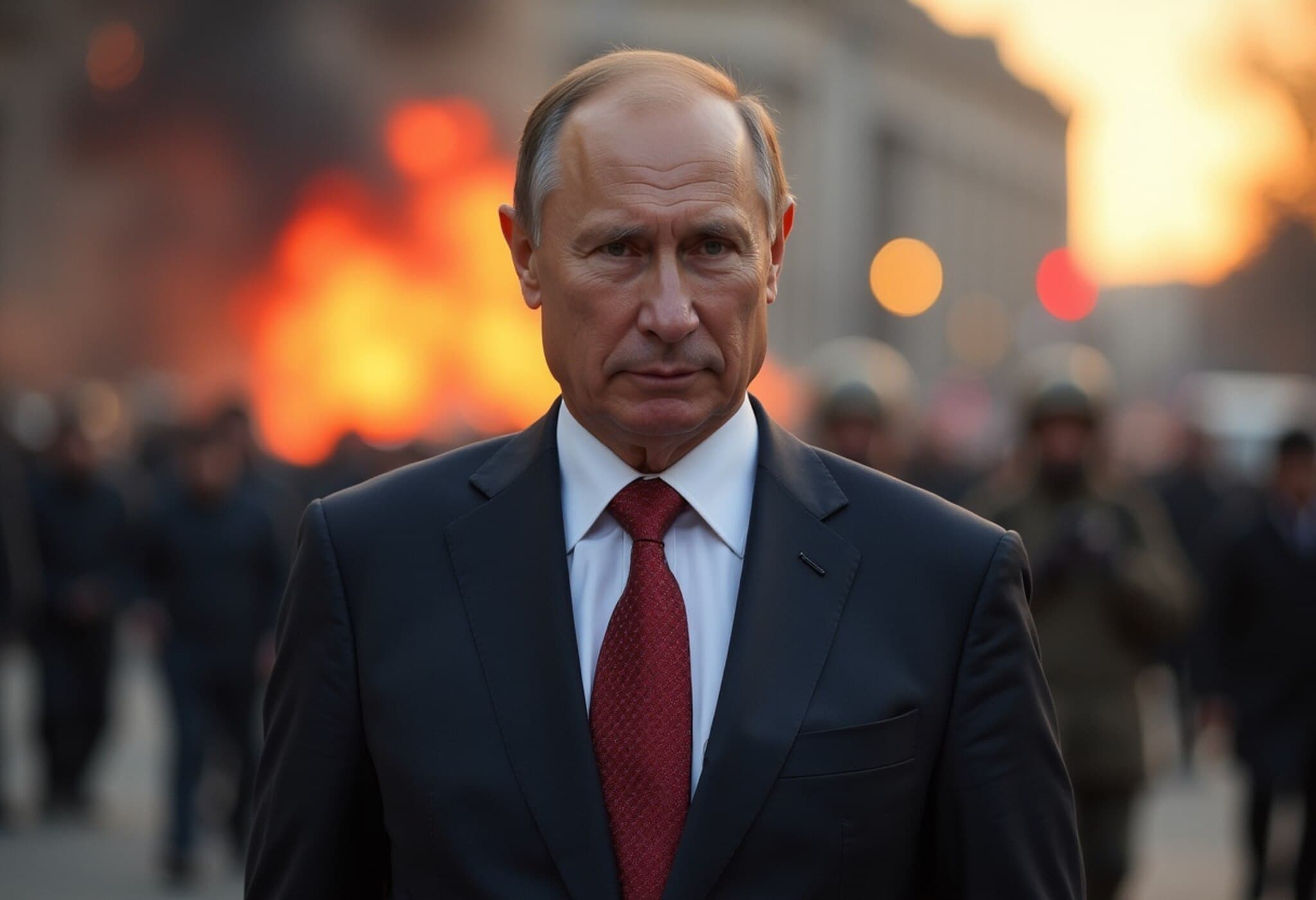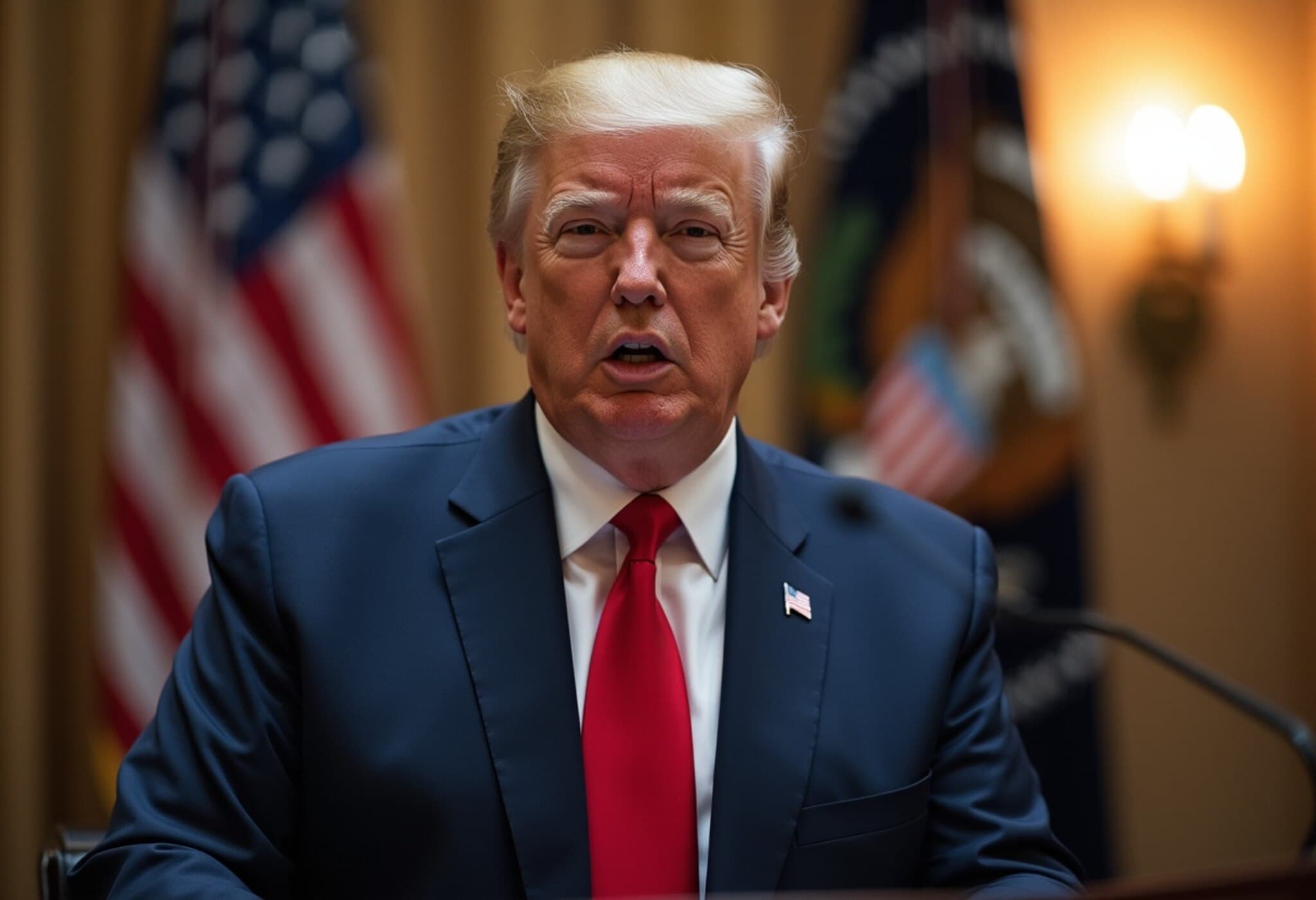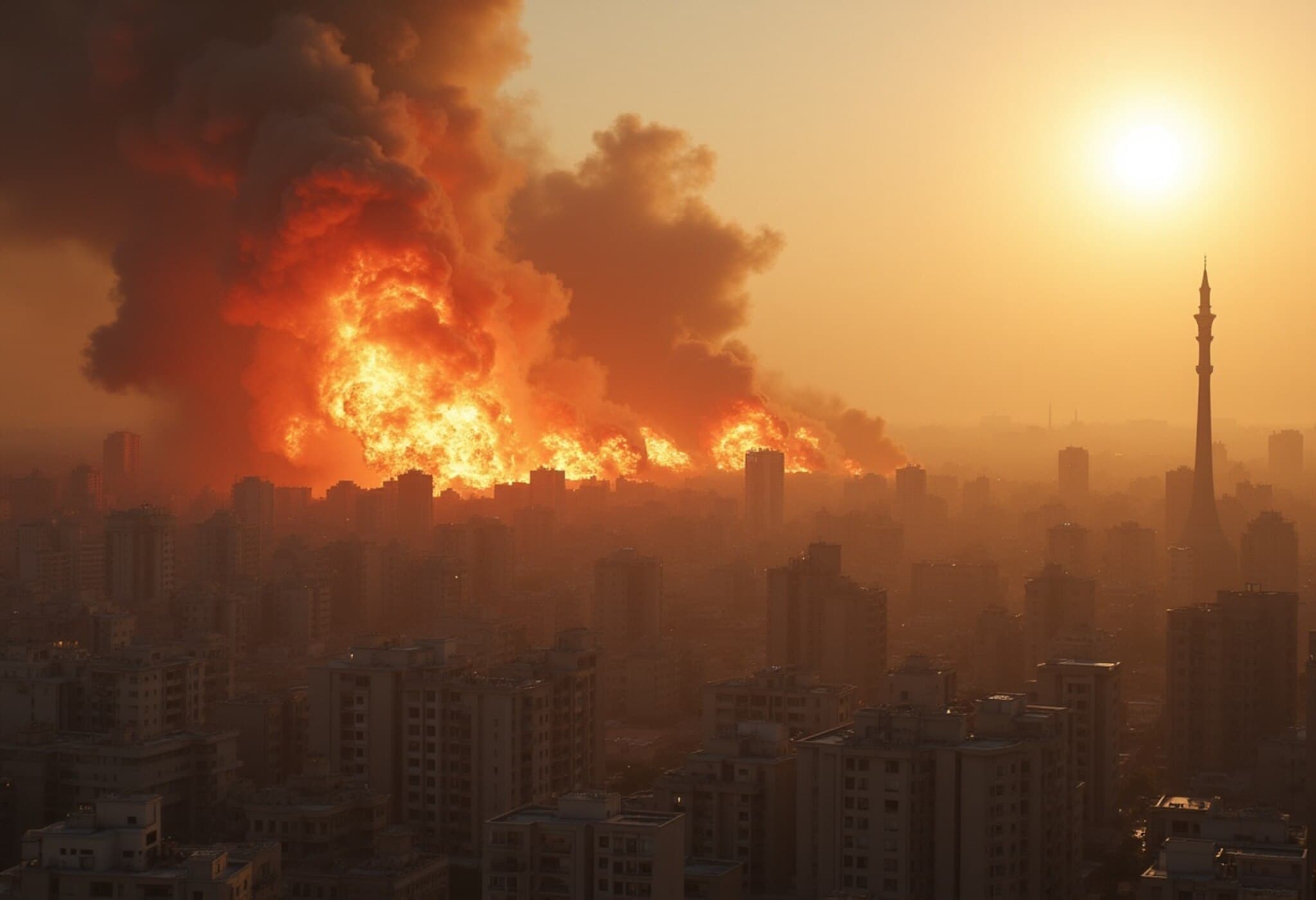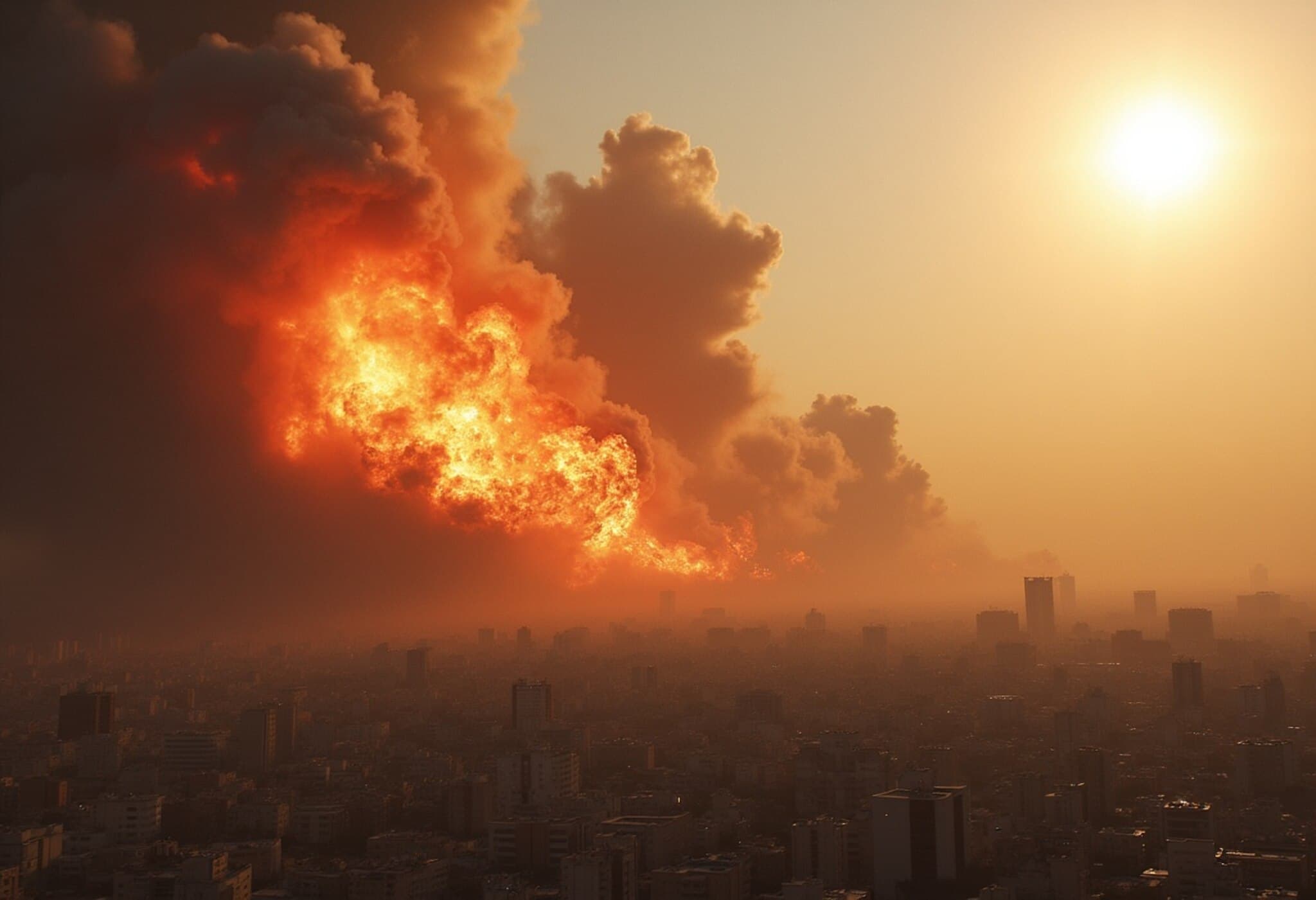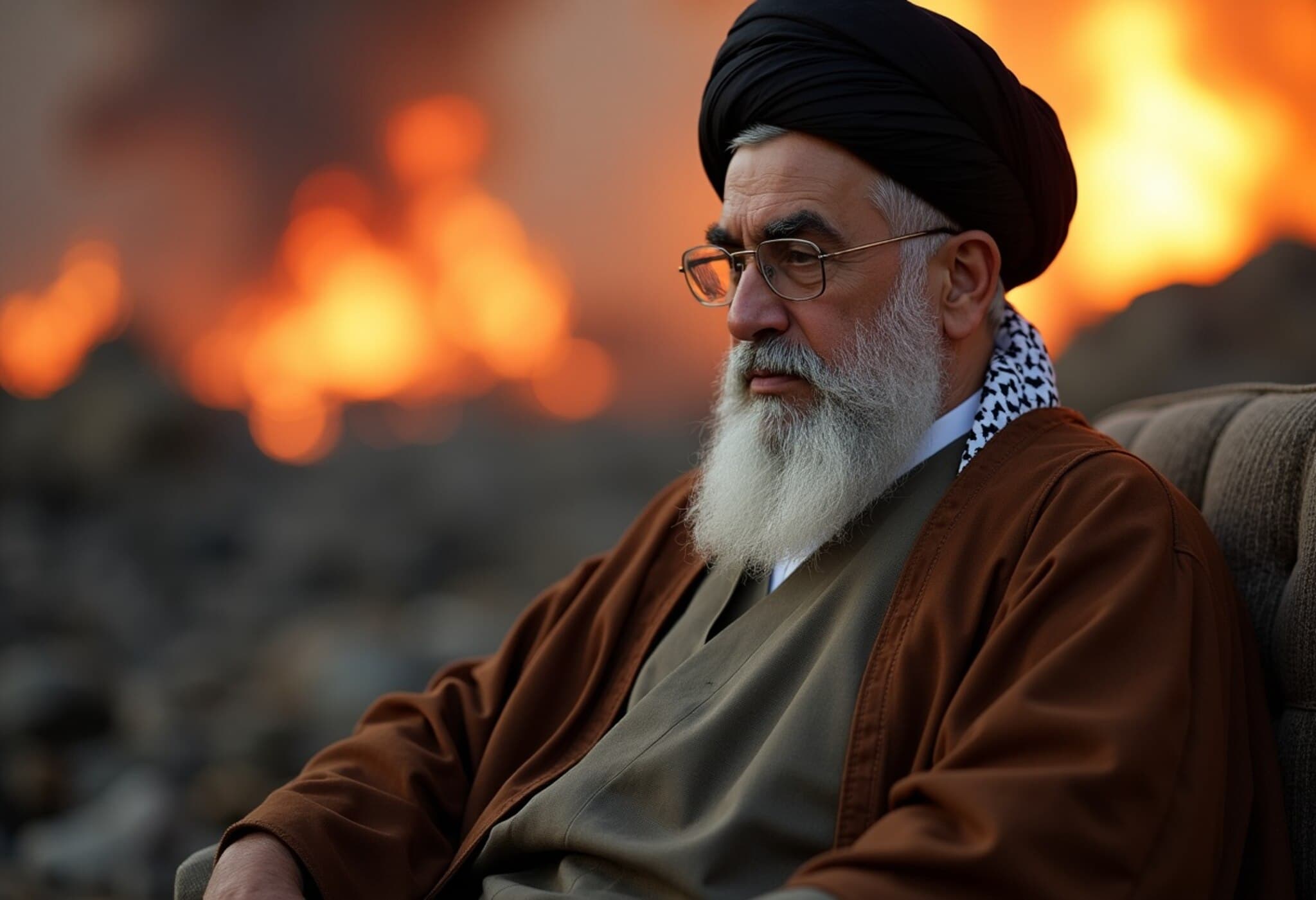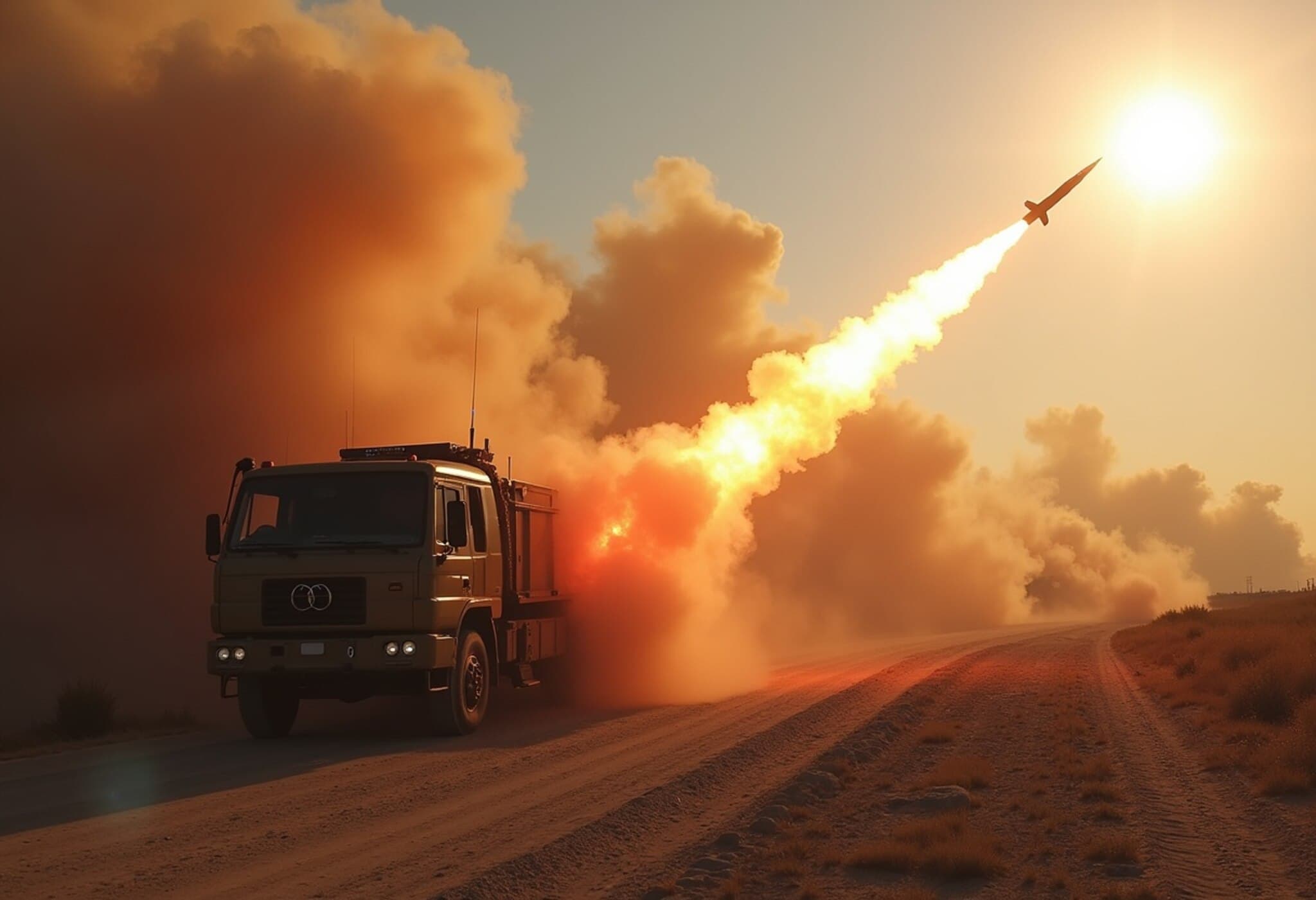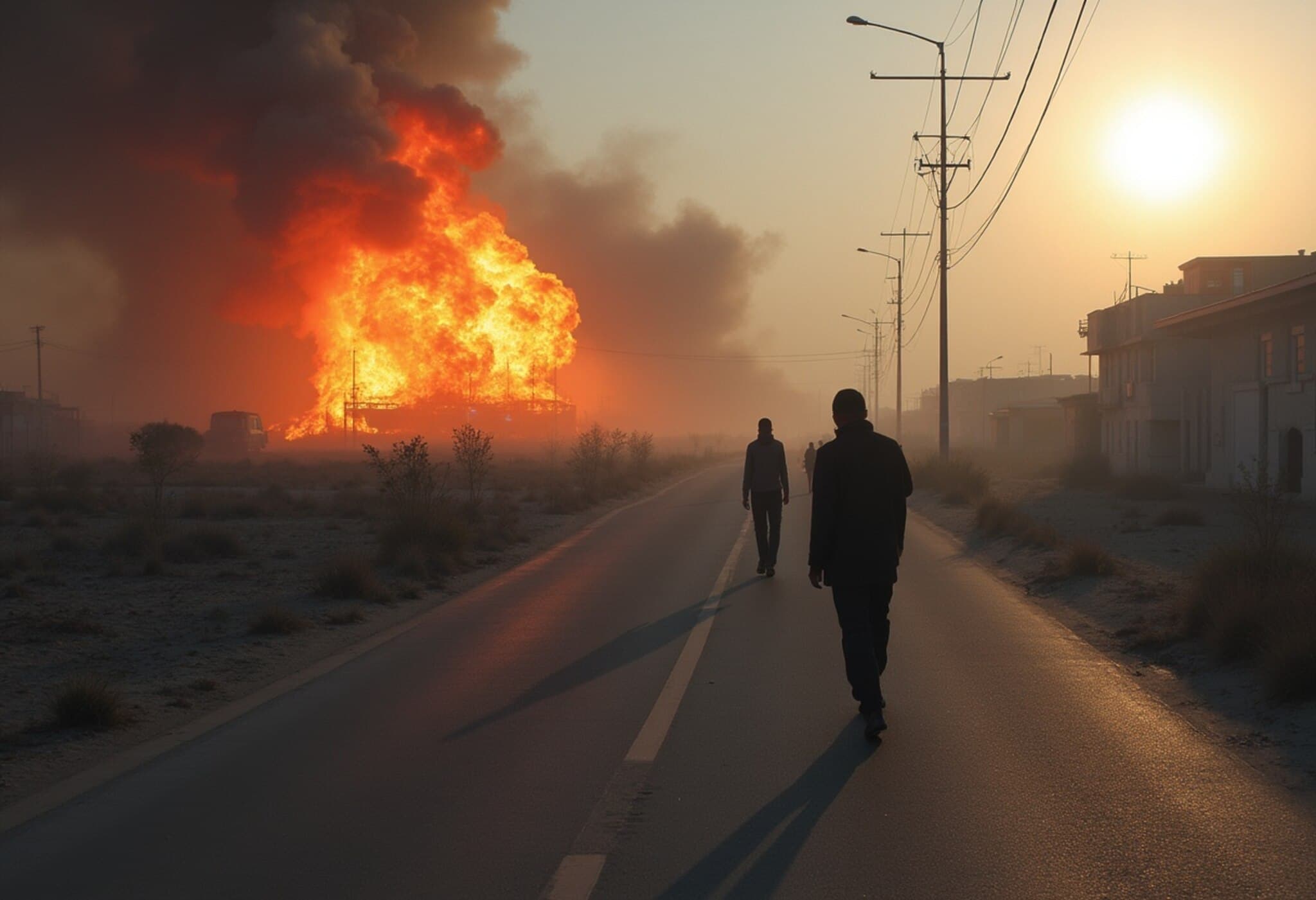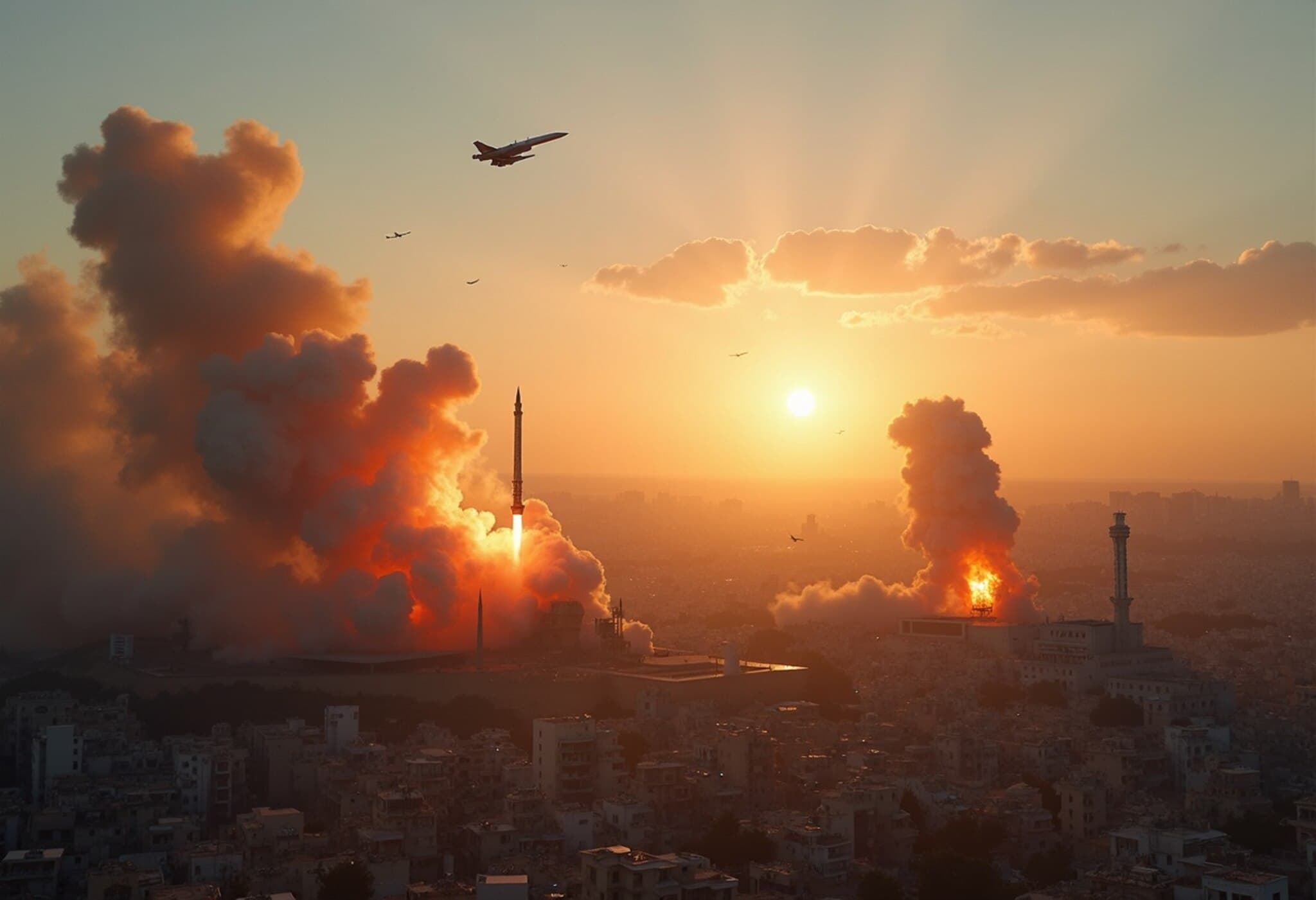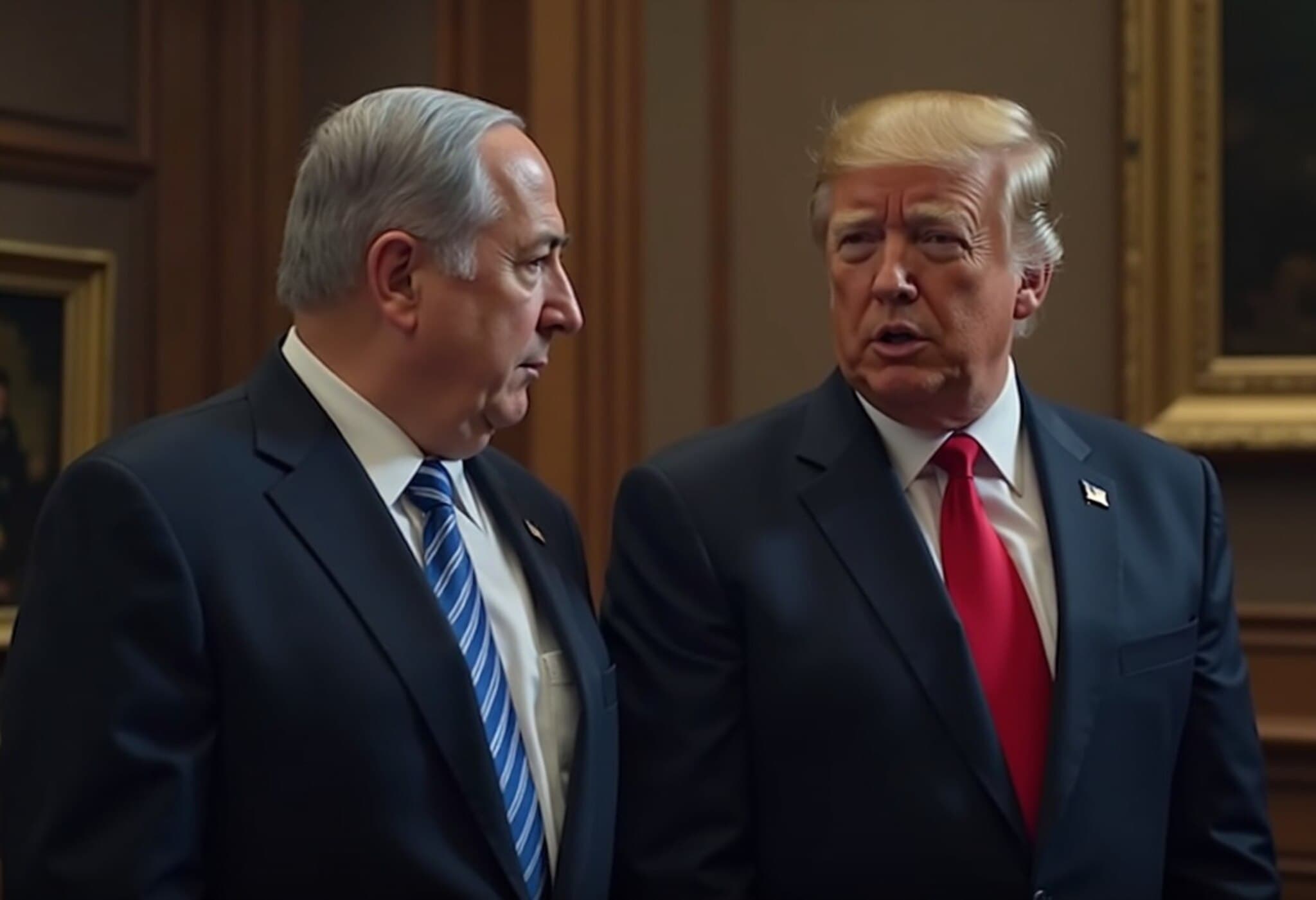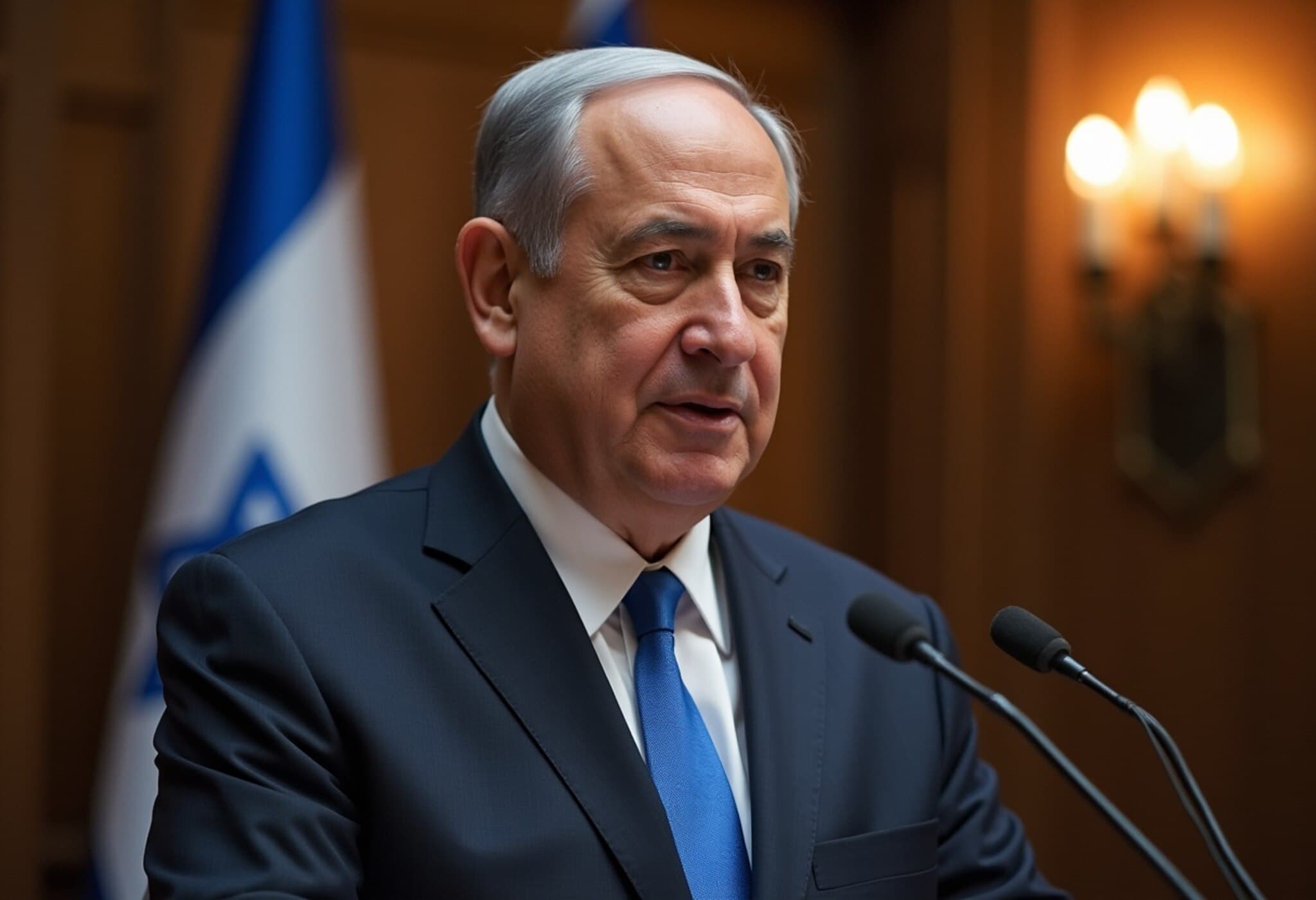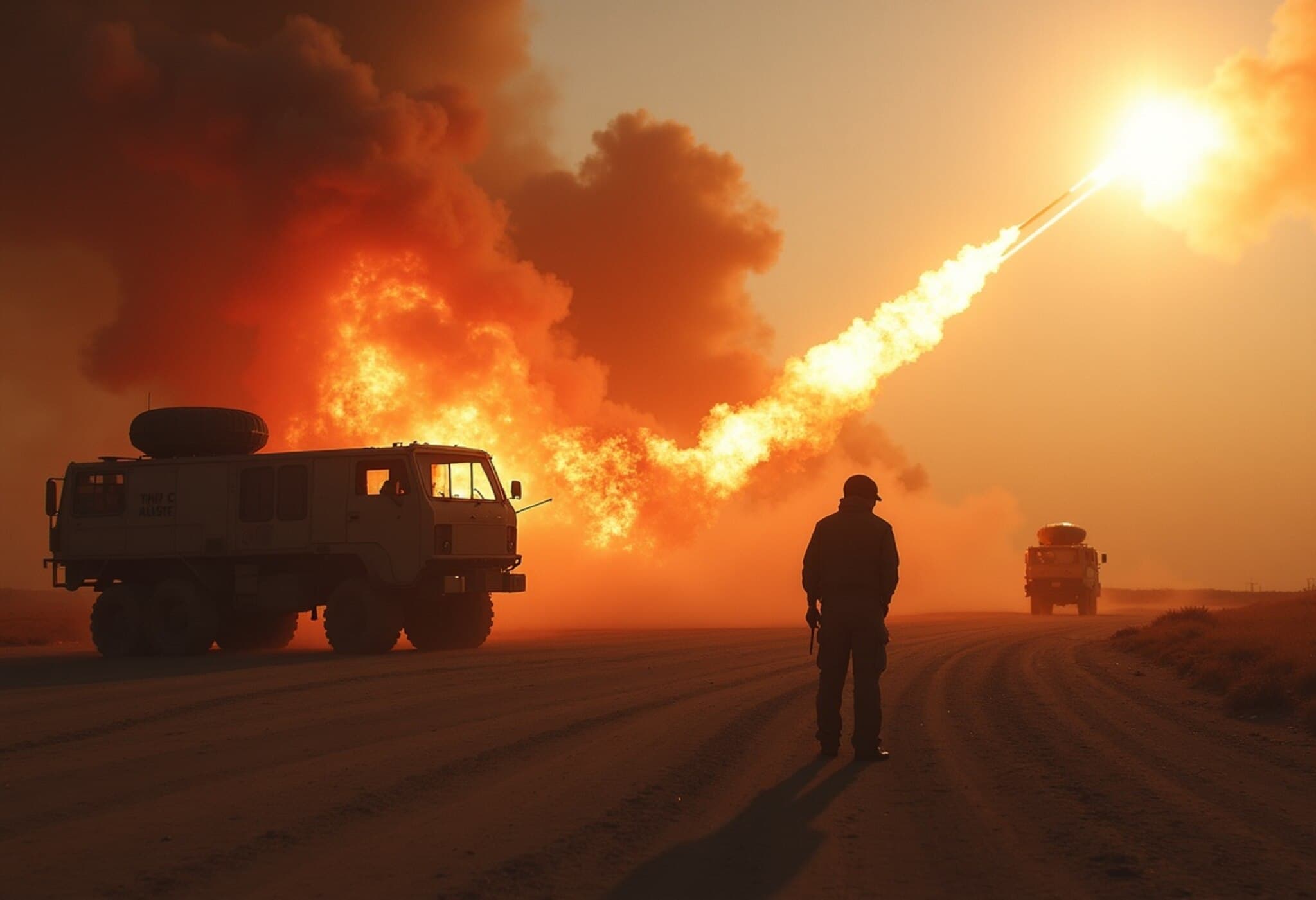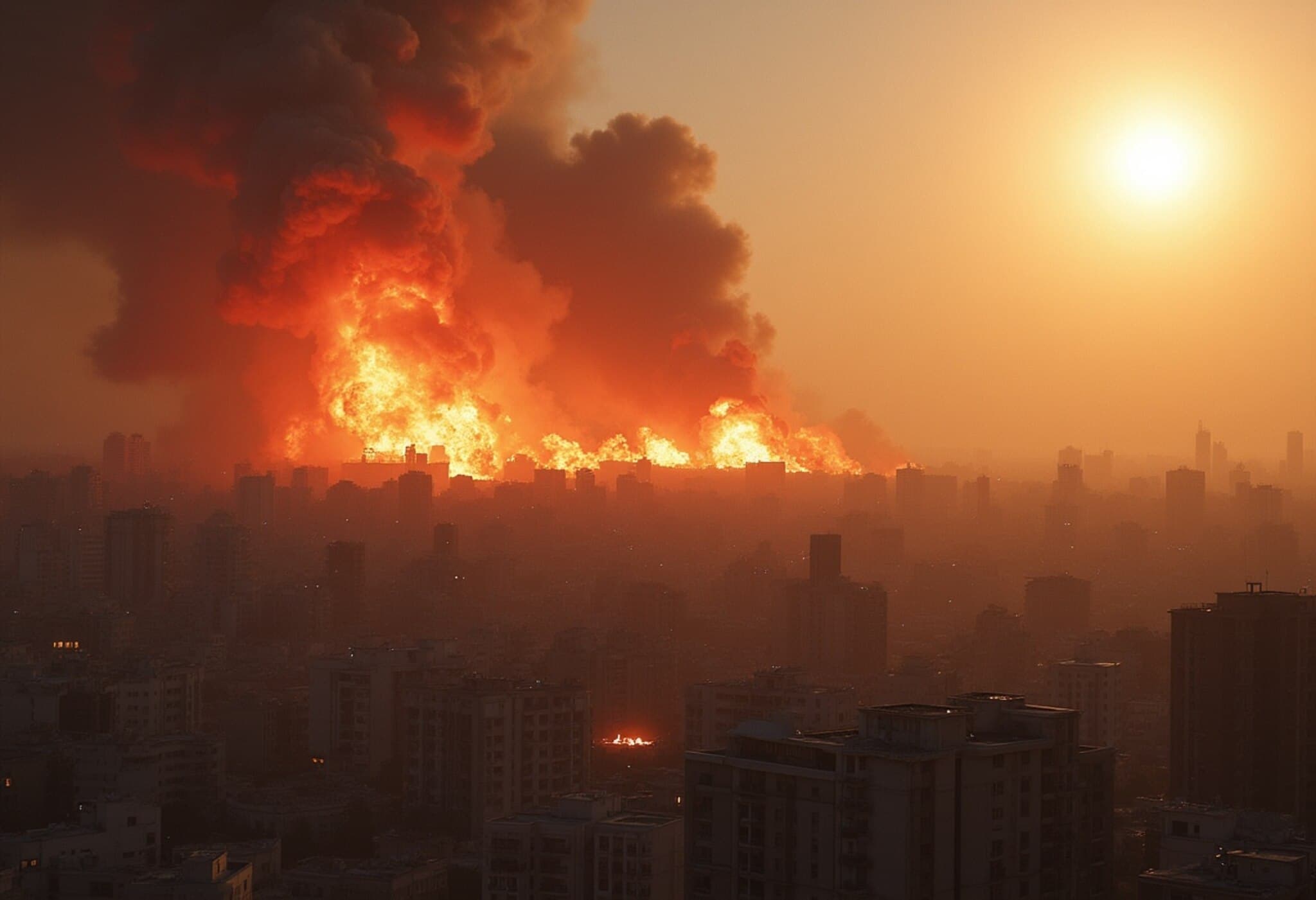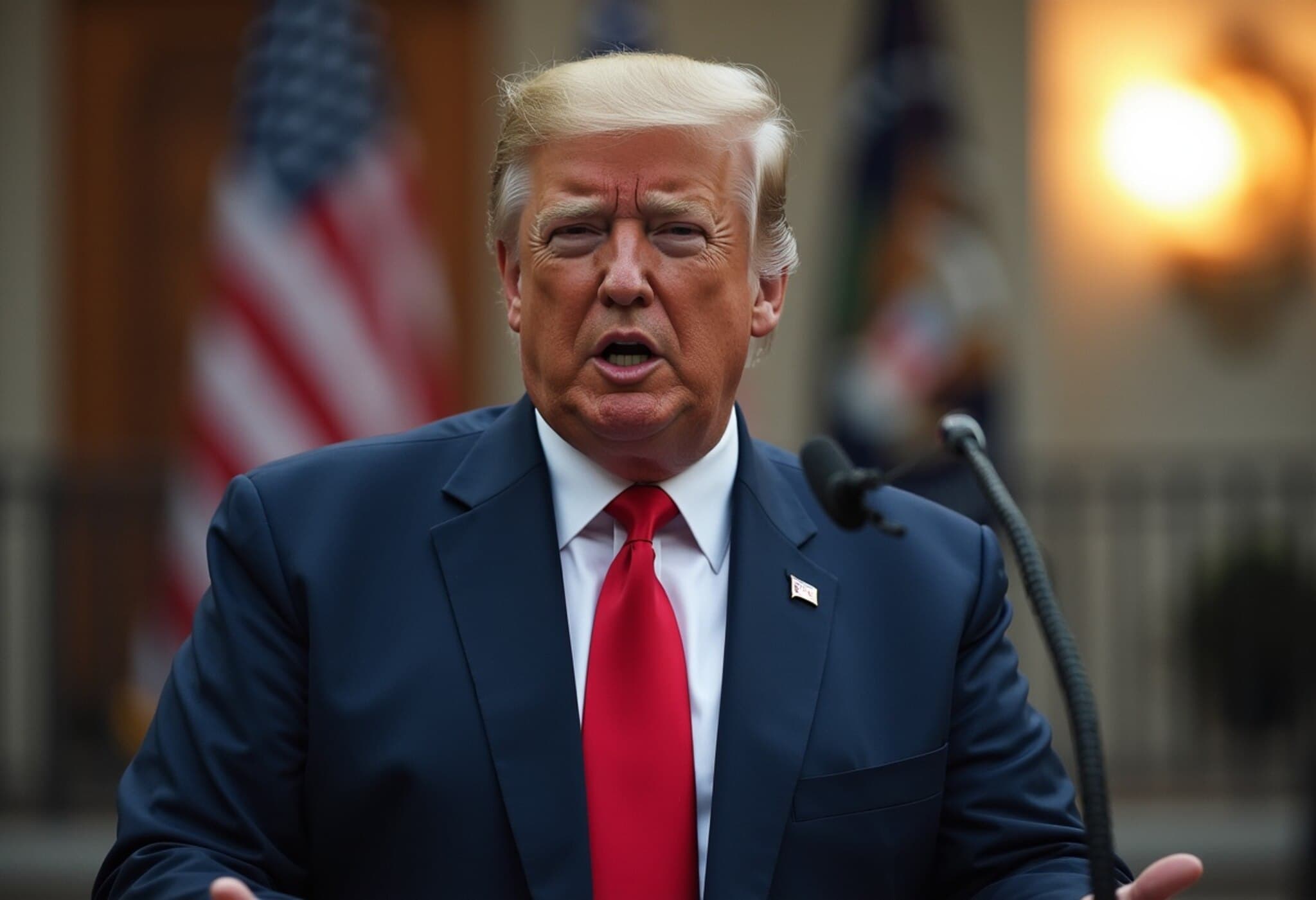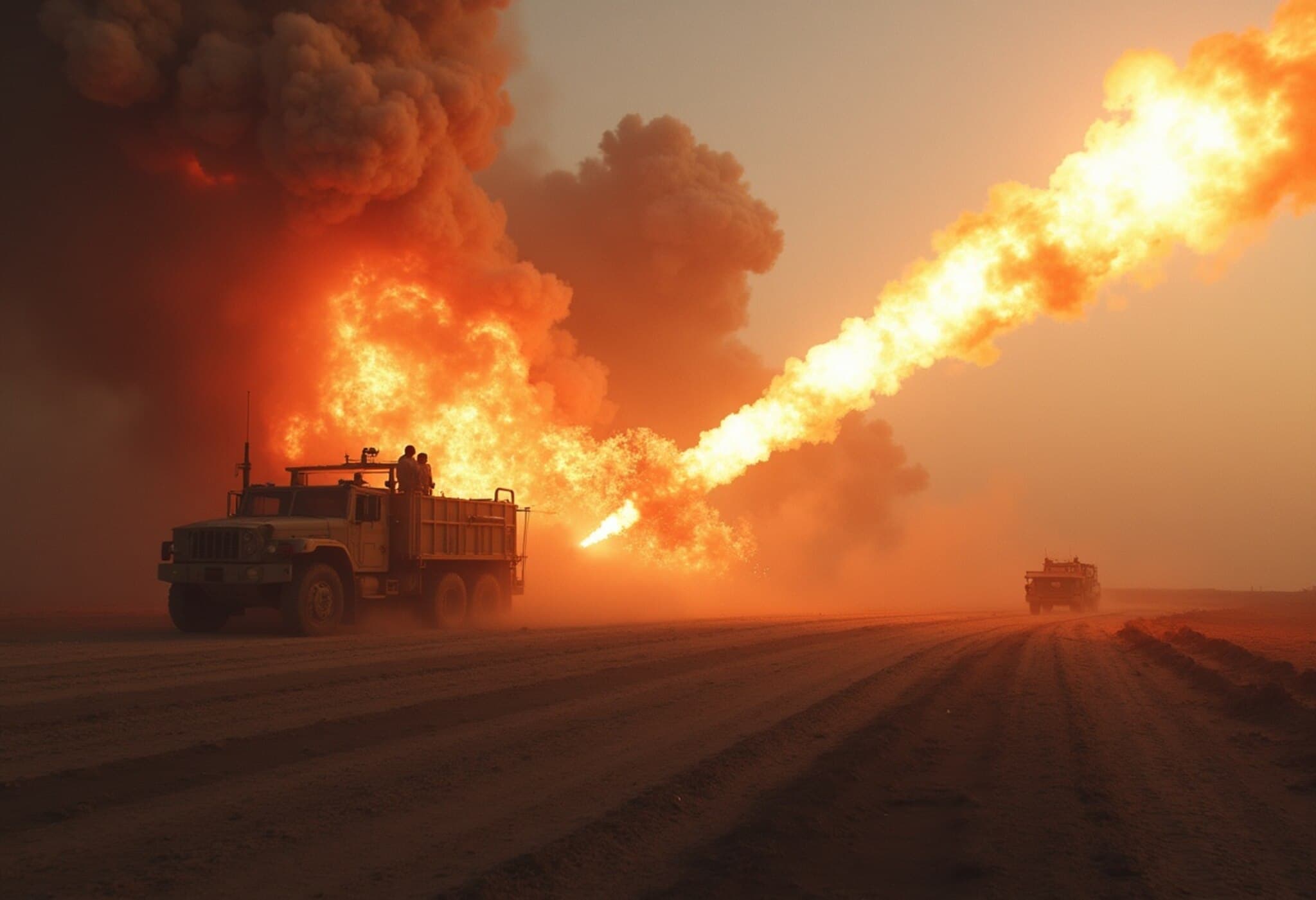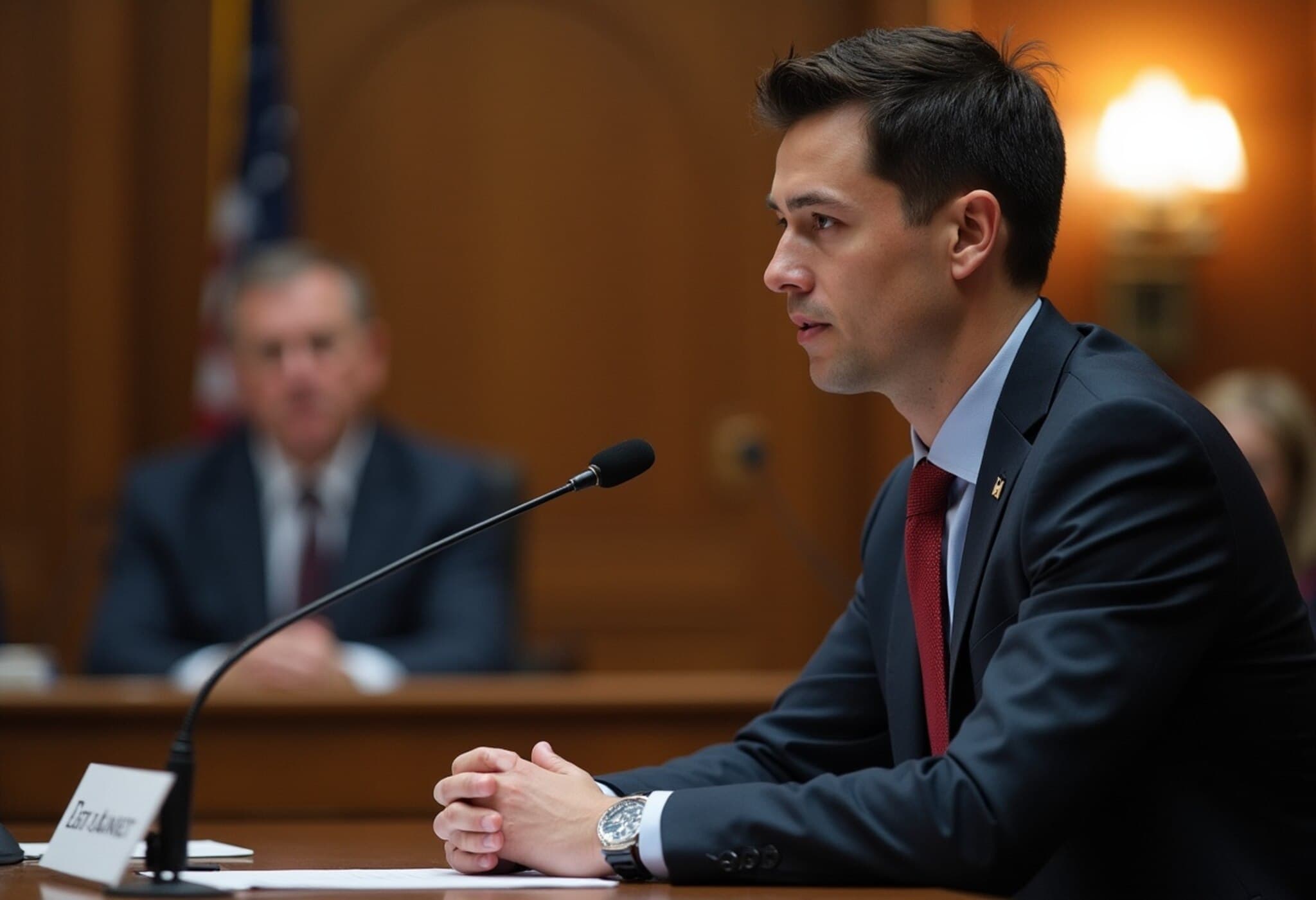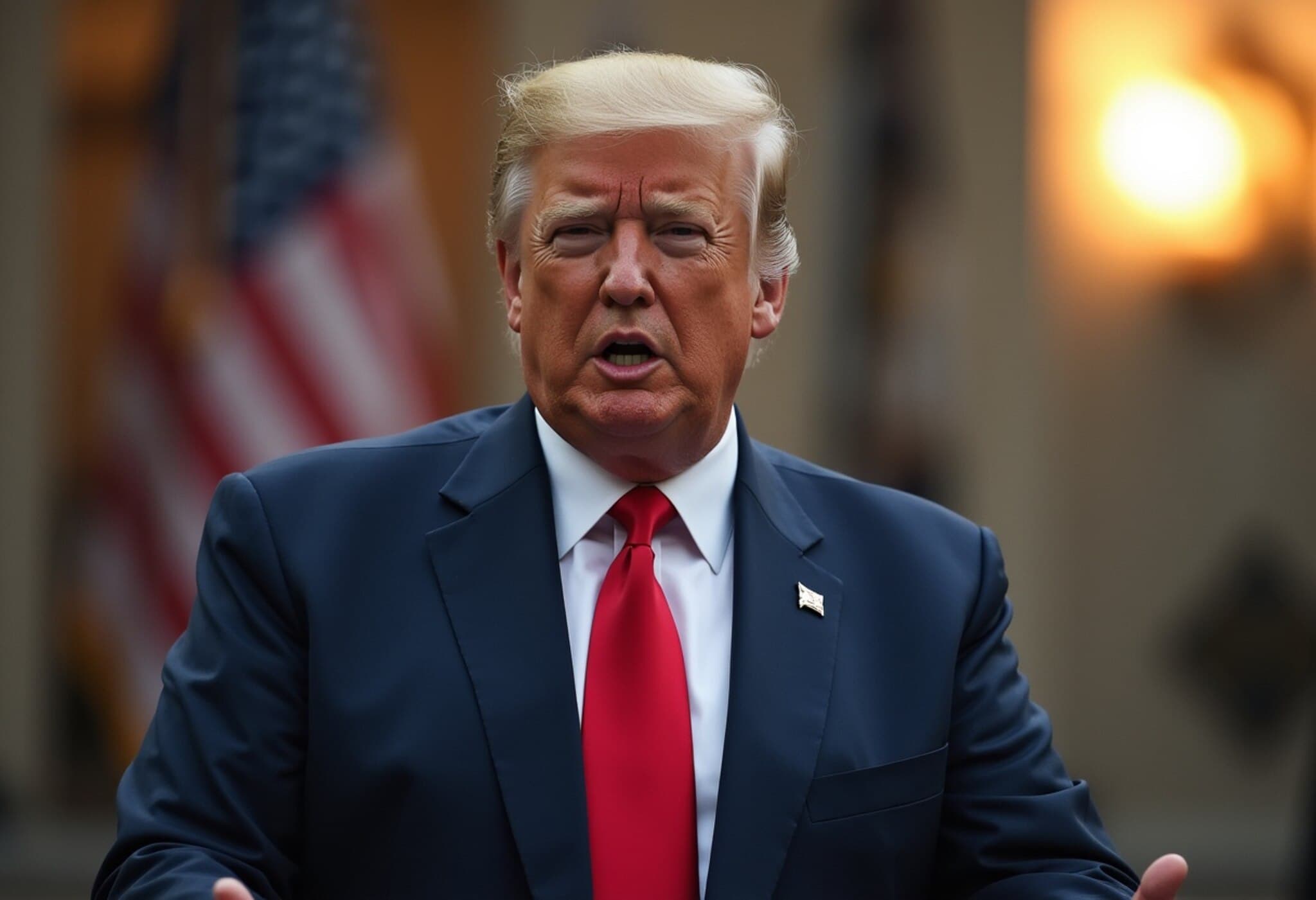Israel Launches Preemptive Air Strikes on Iran Despite US Warnings
In a bold and unilateral move, Israeli jets targeted several Iranian nuclear and military sites late Thursday night. The operation, dubbed “Rising Lion” by Prime Minister Benjamin Netanyahu, struck vital facilities including the Natanz uranium enrichment plant and key Revolutionary Guards bases in Tehran. This offensive unfolded mere hours after President Trump urged restraint, calling on Netanyahu to hold off on any action.
Ripple Effects: Diplomatic Tensions and Regional Fear
Trump’s Diplomatic Standing Takes a Hit
President Trump, who began his second term positioning himself as a global peacemaker by facilitating ceasefires and attempting to curb Iran’s nuclear ambitions, now faces a stark challenge. Netanyahu’s unilateral strike undermines those diplomatic initiatives and exposes cracks in the US-Israel alliance. On social media, Trump expressed frustration, emphasizing the missed chances for negotiation with Iran and warning of escalating violence ahead.
Strains in US-Israel Relations
Although Israel depends heavily on US intelligence and military backing, this operation was conducted without prior US coordination. Secretary of State Marco Rubio quickly clarified Washington’s non-involvement and cautioned Tehran against targeting American interests. The lack of consultation raises concerns about whether the US might be drawn directly into any ensuing conflict should Iran retaliate.
Regional Stability on Unsteady Ground
The attack sharply raises the stakes across the Middle East. Iran’s Revolutionary Guards have vowed decisive retaliation, threatening not only Israel but potentially US bases, Red Sea shipping lanes via their Houthi proxies, and proxy conflicts in Gaza and Syria. Gulf states such as Saudi Arabia, the UAE, and Qatar are nervously recalculating their security postures amidst fears of becoming battlegrounds in a larger confrontation.
Inside the Strikes: Tactical and Strategic Insights
Natanz and the Limits of Airpower
While Israel’s jets dealt significant damage to Iran’s nuclear infrastructure, particularly at the Natanz site deep underground, the facility’s resilience is well-documented. Repairs like centrifuge replacements and cascade restructuring typically take weeks rather than years. Previous attacks only delayed Iran’s nuclear progress by around 12-18 months, suggesting this strike may marginally push back their timeline without sustained pressure.
Covert Operations Complement the Aerial Assault
Beyond the visible bombings, Israel’s intelligence agency Mossad has reportedly conducted a parallel sabotage campaign targeting Iran’s missile depots and air defenses throughout the past year. Activities such as cyber intrusions and covert explosive placements reveal a long-term strategy to degrade Iran’s capabilities on multiple fronts.
Concern Among Gulf Allies
Leaders in the Gulf Cooperation Council are watching developments warily. The delicate US-brokered normalization agreements with countries like the UAE and Qatar could be jeopardized as rising tensions increase their vulnerability in an escalating US-Israel-Iran showdown.
Analyzing the Bigger Picture
The Fragile State of Peace Efforts
Trump’s diplomatic agenda featured ambitious milestones — including summits promising no nuclear fallout over the region and scheduled talks in Oman between US and Iranian officials. However, the Gaza ceasefire faltered, Ukraine peace negotiations stalled, and now Netanyahu’s strike throws the Oman talks into doubt, signaling a fractured approach to peacemaking.
US and Israel Diverging on Strategy
Experts highlight a growing divide: the United States favors patience and diplomacy, while Israel opts for immediate military action to delay Iran’s nuclear ambitions. Whether coordinated follow-up measures will materialize remains unclear, potentially leaving a vacuum in strategic unity.
Netanyahu’s Calculated Risk
Facing what he deems an existential threat from Iran’s clerical regime, which openly supports Hamas, Netanyahu chose decisive action to reduce the nuclear threat. The recent air strikes align with previous covert operations and suggest a long-anticipated contingency plan rather than an impulsive decision.
Voices from the Frontlines
- Benjamin Netanyahu: “This operation will continue for as many days as it takes to remove this threat.”
- Marco Rubio: Emphasized US non-involvement and prioritized protection of American forces in the region.
- Justin Logan (Policy Analyst): Warned the strike could sabotage US diplomacy but acknowledged Israel’s right to set its own foreign policy with corresponding responsibilities.
- Senator Tom Cotton: Called for unwavering US support for Israel and advocated pressure on Iran should it attack US troops.
- Senator Jack Reed: Described the airstrikes as "reckless escalation" risking broader regional violence.
Reaction Within the US Political Landscape
The strike sparked fierce debate within the MAGA movement and Republican circles. Some view the action as a betrayal and a trap potentially dragging the US into conflict, while hawkish voices rally staunchly behind Israel. This internal rift underscores the challenge facing Trump in balancing domestic political dynamics with foreign policy imperatives.
What Lies Ahead?
- US Response Options: President Trump has convened the National Security Council to determine next steps, ranging from defensive support to potential direct engagement if Iran targets American interests.
- Iran’s Retaliation: Tehran’s Revolutionary Guards threaten decisive counter-attacks, possibly targeting US bases, maritime routes in the Red Sea, and proxy battlefronts in Syria and Lebanon.
- Diplomatic Prospects Dim: Upcoming talks in Oman face uncertainty. Iran might pause negotiations to assess its position, while Gulf states rethink their roles amid rising hostilities.
- Economic Impact: Oil prices jumped over 5% as markets reacted to fears of disrupted Middle Eastern export channels and potential militant attacks on commercial shipping.
Conclusion
Israel’s recent air offensive against Iran marks a pivotal moment in Middle Eastern geopolitics, challenging US diplomacy and stirring fears of broader conflict. As Tehran vows retaliation and Washington weighs its options, the region stands on edge amid high stakes and uncertain pathways forward.

